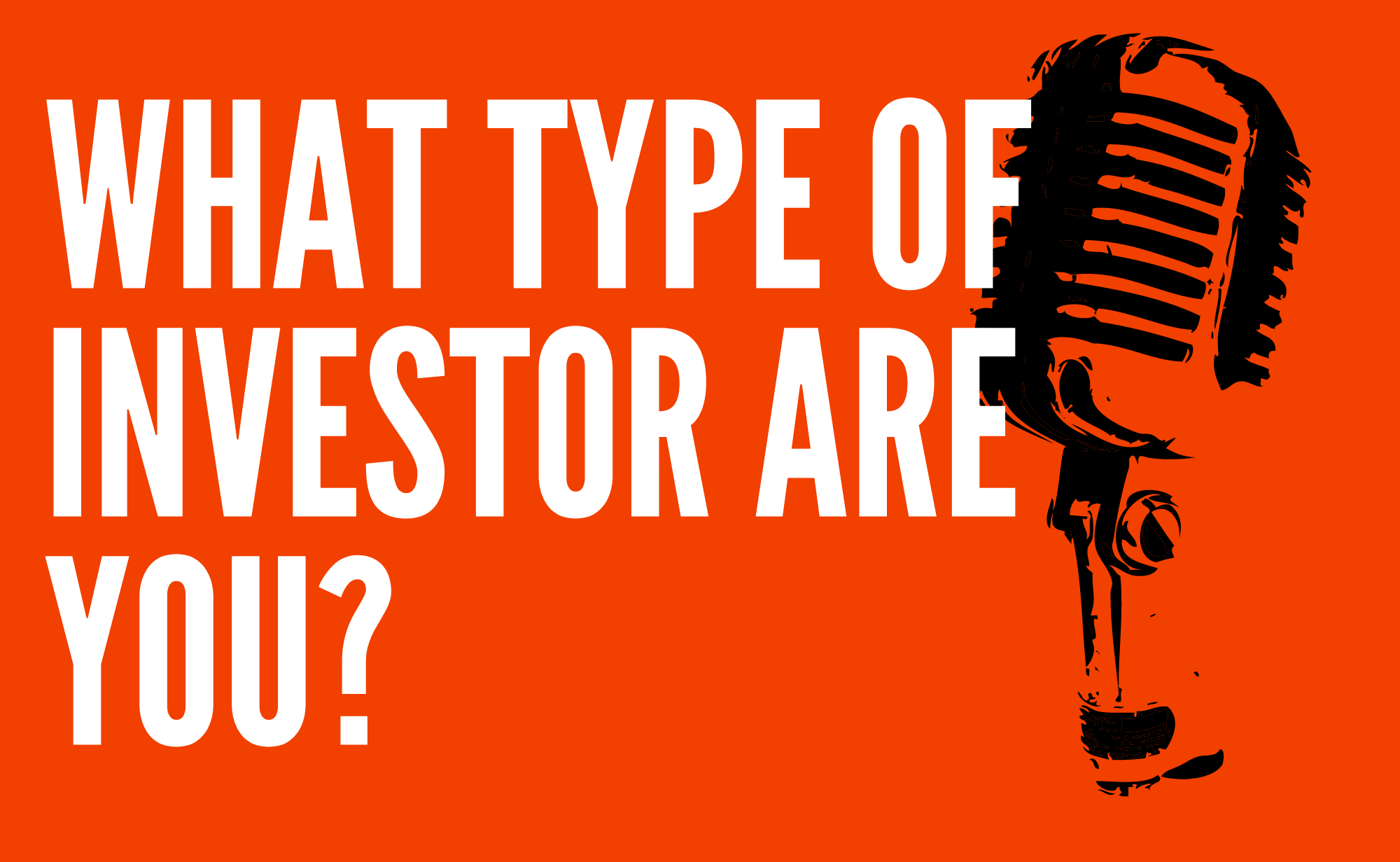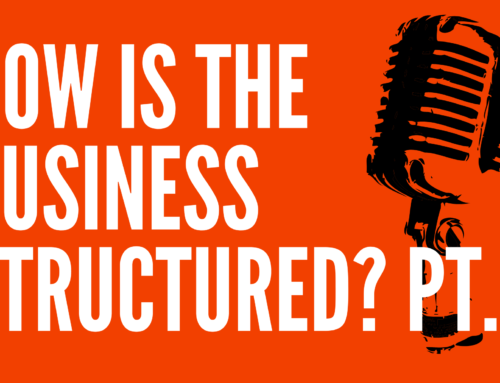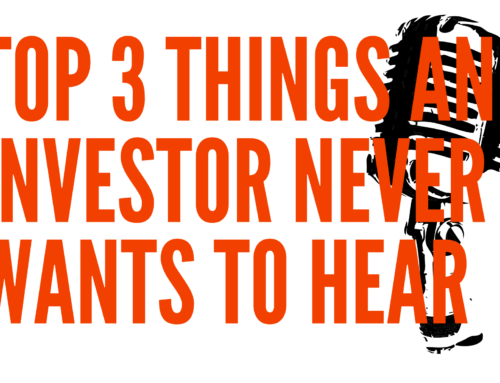What Type of Investor Are You?
Being an investor is a serious undertaking. There’s different types of investors but for a founder, the most important is if you’re an active investor or not. Active investors work with the founder to help them grow their business. They will not likely deliver the product or service, but they will provide the connections and their business expertise to aid in the growth of the company they invest in.
Passive investors give their money, then go away. Not that they don’t care, they’ll still want regular reports on their investment, these investor either do not have the expertise or they have chosen to structure how they invest this way.
Angel Investors
Angel investors are one of the most commonly talked about type of investor. These are professional investors who have the capital and many times the business know-how to accelerate a business. These investors are also easy to come by. They can be found online or as part of investment clubs. Within the clubs, sometimes angel investor come together to start investment angel groups.
These angel groups are able to pool their money together to bring more buying power to the table. They also bring more expertise because angel groups are usually of like-minded investors who want to bring more value to the table, not just money. For these investors, this allows them to big more confident in the investments they make and they reduce their risk exposure.
Venture Capitalists
Venture Capitalists come with even bigger dollars. They’re not just using their own money, they work with many other investors to create a funding pool. When it comes to larger funding rounds, these are the most sought after companies. Just like any partner, though VCs are the most credible types of investors, the culture of the company makes a difference.
Family Offices
Family offices have become increasingly popular in the startup investment world. Different than both angel groups and venture capitalist, family offices use the generational wealth of a family to invest in a diverse portfolio of funding vehicles. Jeff Bezos has Bezos Expeditions and the Walton family has Walton Enterprises LLC in which the family invests. There’s tens of thousands of family offices who many have a younger or modern-thinking members interested in funding a few startup ventures.
Corporations
A type of investor often overlooked is a corporation. Many of the larger corporations set aside money not just for philanthropic efforts, but to aid startups in their growth. Many times, the motive for these companies to invest is to eventually acquire them or parts of their company. Bank of America launched their “Breakthrough Lab” which was an accelerator to support minority entrepreneurs who possessed a novel fintech idea.
Non-profits
Last but certainly not least, we have non-profit organizations. These organizations usually perform their work as an incubator or accelerator that will in-turn provide grant money to some or all of those who attend their program. There’s a slow burn with this one because 1) you may not get funding and 2) you’re usually required to be in a program for a certain amount of time before receiving the opportunity to get funded.
Each type of investor brings their own values to the table. Some avenues like non-profits may be a longer path to funding, but may create better visibility for the startup. What type of investor are you? More importantly, are you an active or passive investor? Do you want to get your hands dirty and be deep into the business or do you want to sit back and collect the check when it comes? There’s no wrong answer, it’s all up to you. That’s all for this episode of After the Pitch.
Until next time and remember, “The most important quality for an investor is temperament, not intellect.” – Warren Buffet
Reference:
Bank of America’s Breakthrough Lab Accelerator https://business.bofa.com/en-us/content/breakthrough-lab-accelerator-program.html








Leave A Comment